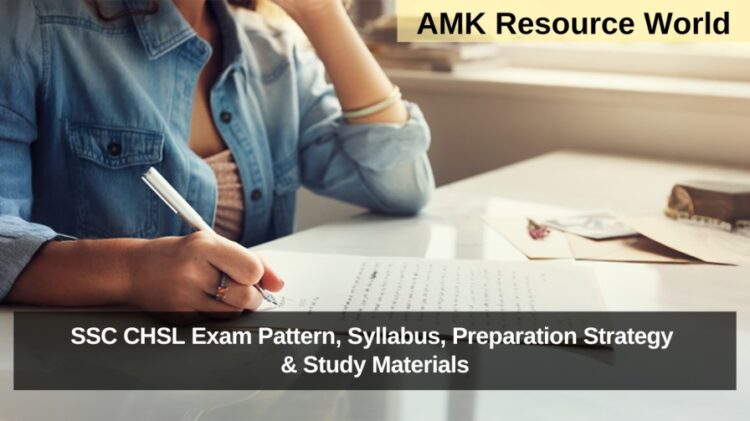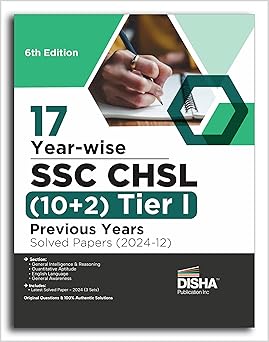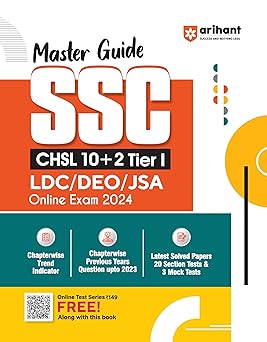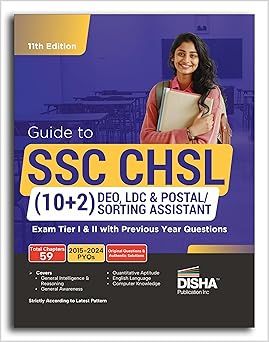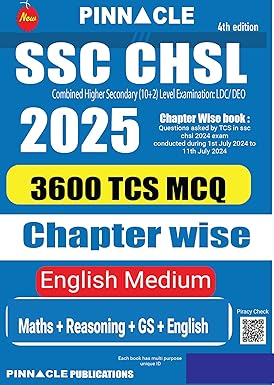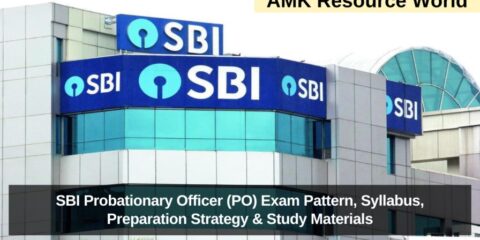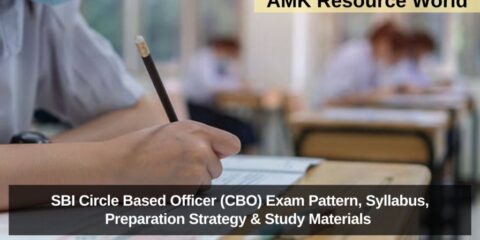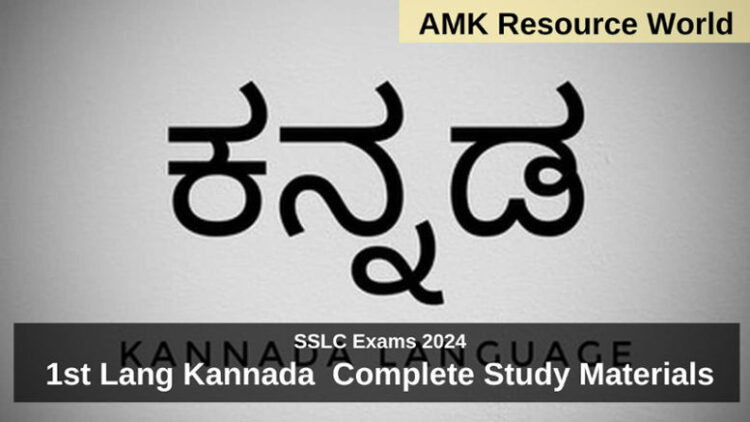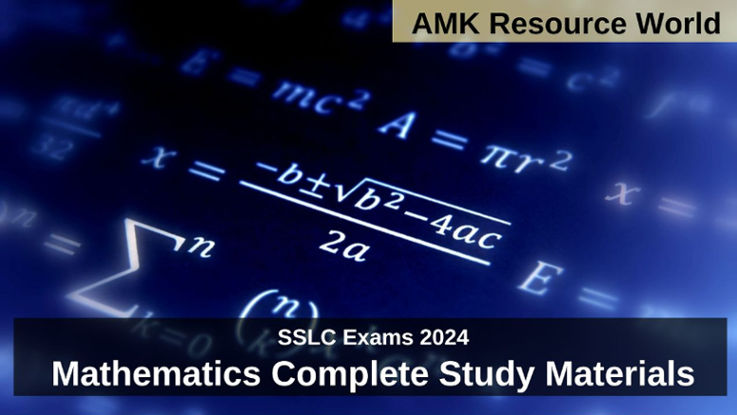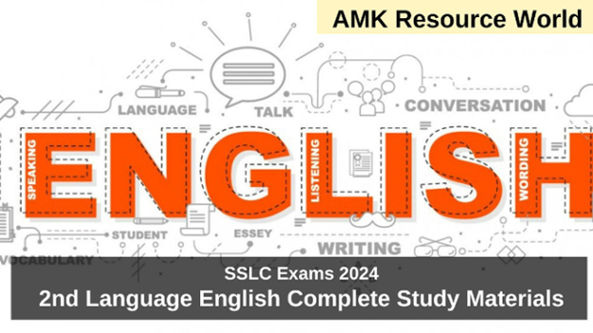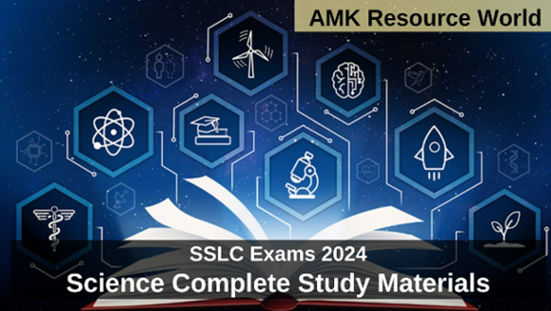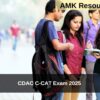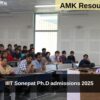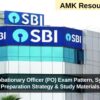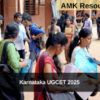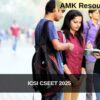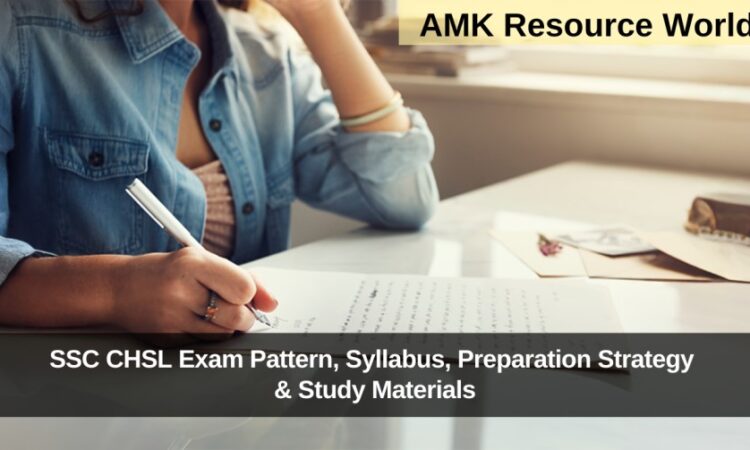The Staff Selection Commission – Combined Higher Secondary Level (SSC CHSL) examination is one of the most sought-after competitive exams in India for 12th pass candidates aspiring for government jobs. With lakhs of applicants each year, the SSC CHSL offers recruitment for positions such as Lower Division Clerk (LDC), Junior Secretariat Assistant (JSA), Postal Assistant (PA), Sorting Assistant (SA), and Data Entry Operator (DEO).
To crack the SSC CHSL 2025 exam, it is vital to understand the exam pattern, detailed syllabus, devise a smart preparation strategy, and refer to the best study materials. Here’s a comprehensive 1000-word article guiding aspirants on each of these crucial elements.
EXAM PATTERN
The SSC CHSL 2025 examination is structured into three distinct stages—Tier-I, Tier-II, and Tier-III—each designed to evaluate specific skillsets required for various government job roles like Lower Division Clerk (LDC), Junior Secretariat Assistant (JSA), Postal Assistant (PA), Sorting Assistant (SA), and Data Entry Operator (DEO).
Tier-I: Computer-Based Test (CBT)
Tier-I is an online, objective-type test that assesses a candidate’s aptitude and general awareness. It comprises 100 questions divided into four major sections, with each section carrying 25 questions worth 50 marks, leading to a total of 200 marks. The duration of the exam is 60 minutes, and PwD candidates are given 80 minutes.
The exam pattern for Tier-I is as follows:
- General Intelligence – 25 Questions, 50 Marks
- English Language – 25 Questions, 50 Marks
- Quantitative Aptitude – 25 Questions, 50 Marks
- General Awareness – 25 Questions, 50 Marks
The Tier-I exam also includes negative marking, where 0.50 marks are deducted for each wrong answer. This round is critical for shortlisting candidates for the next stages and requires thorough preparation across all subjects.
Tier-II: Descriptive Paper
Tier-II is conducted in offline mode (pen and paper) and is a descriptive paper meant to test a candidate’s writing skills. It includes tasks like essay writing and letter/application writing, which must be written in either English or Hindi. The paper carries 100 marks and is of 60 minutes duration (80 minutes for PwD candidates).
Although qualifying in nature, Tier-II plays a significant role in determining final merit, especially in the event of tie-breakers. Candidates are advised to practice formal writing styles, maintain grammatical accuracy, and focus on clarity and coherence.
Tier-III: Skill Test / Typing Test
Tier-III is a skill-based test that evaluates the candidate’s typing speed and data entry accuracy. It is post-specific and mandatory for roles like LDC, JSA, PA, SA, and DEO.
- Typing Test (for LDC/JSA/PA/SA):
- Required speed: 35 words per minute in English or 30 words per minute in Hindi.
- The test assesses both typing speed and accuracy.
- Skill Test (for DEO):
- Required speed: 8000 key depressions per hour (KDPH) on the computer.
- The test evaluates data entry speed and precision.
This stage is qualifying in nature but mandatory. Candidates who fail to meet the required standards in the skill/typing test are disqualified from the selection process.
SSC CHSL 2025 SYLLABUS
Understanding the detailed syllabus of the SSC CHSL 2025 exam is crucial for focused and effective preparation. The syllabus is divided across the three tiers—Tier-I (Objective Test), Tier-II (Descriptive Paper), and Tier-III (Skill/Typing Test). Each tier is designed to assess specific abilities of candidates such as reasoning, language proficiency, numerical aptitude, general knowledge, writing skills, and typing/data entry proficiency.
Tier-I Syllabus
The Tier-I examination tests a candidate’s foundational aptitude across four main sections—English Language, General Intelligence, Quantitative Aptitude, and General Awareness. Here’s a section-wise breakdown of the topics included:
English Language
This section evaluates a candidate’s understanding of grammar, vocabulary, and reading skills. Key topics include:
Reading Comprehension, Cloze Test, Spotting Errors, Fill in the Blanks, Sentence Correction, One Word Substitution, Synonyms and Antonyms, Active and Passive Voice, Direct and Indirect Speech, Para Jumbles, Idioms and Phrases
These topics help test both the grammatical accuracy and comprehension skills essential for clerical-level government jobs.
General Intelligence
The General Intelligence section aims to examine logical reasoning and problem-solving ability. It covers a variety of verbal and non-verbal reasoning topics, such as:
Alphabetical and Number Series, Analogy, Coding-Decoding, Blood Relations, Venn Diagrams, Syllogism, Mathematical Operations, Classification, Logical Reasoning, Direction Sense
This section requires quick thinking and logical application, often tested under strict time conditions.
Quantitative Aptitude
This section assesses mathematical skills, calculation ability, and number sense. It includes topics from high school mathematics such as:
Number System, Simplification, HCF and LCM, Ratio and Proportion, Percentages, Profit and Loss, Simple and Compound Interest, Time, Speed and Distance, Time and Work, Data Interpretation (Tables, Graphs), Mensuration (Area, Volume, Perimeter), Geometry and Trigonometry, Algebra (Basic concepts), Averages
Regular practice is essential for mastering this section due to the wide range of topics and numerical calculations involved.
General Awareness
This section is designed to test a candidate’s knowledge of current events and general facts related to India and the world. Important areas include:
Current Affairs (National & International), Indian History and Culture, Geography of India and the World, Indian Polity and Constitution, General Science (Physics, Chemistry, Biology basics), Indian Economy and Budget-related facts, Government Schemes and Initiatives, Static GK (Books and Authors, Awards, Important Days and Dates)
Tier-II Syllabus
The Tier-II paper is a descriptive writing test, aimed at evaluating a candidate’s ability to communicate effectively through writing. This section must be attempted in either English or Hindi and includes:
Essay Writing: Topics may relate to current affairs, social issues, national development, etc. Common examples include essays on environment conservation, women empowerment, digital transformation in India, and education reforms.
Letter/Application Writing: Includes formal or semi-formal letters such as complaints to authorities, requests for services, or job applications.
Candidates are advised to focus on grammar, structure, presentation, and clarity of thought while preparing for this section. Regular writing practice is key to success here.
Tier-III Syllabus
The Tier-III stage consists of either a Typing Test or a Skill Test, depending on the post applied for. This tier is qualifying in nature but compulsory.
Typing Test: This is applicable for posts like Lower Division Clerk (LDC), Junior Secretariat Assistant (JSA), Postal Assistant (PA), and Sorting Assistant (SA). Candidates must meet minimum speed requirements:
- 35 words per minute (WPM) in English
- 30 WPM in Hindi, Accuracy is as important as speed, and regular typing practice is essential.
Skill Test: This is required for the Data Entry Operator (DEO) position. Candidates must demonstrate proficiency in data entry with a minimum speed of 8000 key depressions per hour (KDPH) on the computer.
This final stage ensures that selected candidates possess the basic computer operation skills necessary for clerical job functions in government departments.
PREPARATION STRATEGY FOR SSC CHSL 2025
Preparing for SSC CHSL requires a smart blend of consistency, clarity, practice, and time management. Here’s a section-wise strategy:
English Language
- Read English newspapers daily to enhance vocabulary and comprehension.
- Practice grammar exercises and revise grammar rules regularly.
- Solve previous year questions and take sectional mock tests.
- Recommended Books:
- Objective General English by S.P. Bakshi
- Word Power Made Easy by Norman Lewis
General Intelligence
- Focus on solving puzzles and reasoning questions daily.
- Learn shortcut techniques and tricks to save time.
- Practice non-verbal reasoning with visual examples.
- Recommended Books:
- A Modern Approach to Verbal & Non-Verbal Reasoning by R.S. Aggarwal
Quantitative Aptitude
- Master basics of arithmetic, percentages, and ratios first.
- Practice Data Interpretation and word problems.
- Maintain a formula notebook for quick revision.
- Recommended Books:
- Quantitative Aptitude by R.S. Aggarwal
- Fast Track Arithmetic by Rajesh Verma
General Awareness
- Read monthly current affairs magazines (like Pratiyogita Darpan, GK Today)
- Use mobile apps for daily quizzes and current affairs updates.
- Prepare static GK and revise it weekly.
- Recommended Books:
- Lucent’s General Knowledge
- Manorama Yearbook
Descriptive Paper (Tier-II)
- Write at least one essay and one letter per week.
- Focus on format, grammar, coherence, and clarity of thought.
- Read editorials from newspapers like The Hindu or Indian Express.
Typing & Skill Test (Tier-III)
- Practice typing daily using online platforms like Ratatype or Typing.com.
- Use government-provided practice modules for skill test simulation.
- Ensure accuracy in data entry, as mistakes can lead to disqualification.
STUDY MATERIALS AND RESOURCES
Best Books for SSC CHSL
- English: Objective General English – S.P. Bakshi
- Reasoning: Analytical Reasoning – M.K. Pandey
- Maths: Magical Book on Quicker Maths – M. Tyra
- GK: Lucent’s General Knowledge
Online Platforms for SSC CHSL Preparation
- Test Series: Testbook, Oliveboard, Adda247
- Video Lectures: Unacademy, BYJU’S, Gradeup
- Mobile Apps: Gradeup, Adda247, Career Power, GK Today
- Previous Year Papers: SSC’s official website (ssc.nic.in), or compilations by publishers like Arihant
| BUY BOOKS | CLICK HERE |
TIPS FOR SSC CHSL ASPIRANTS
Time Management: Allocate daily time slots for each section and include short breaks to avoid burnout.
Mock Tests: Attempt full-length mock tests weekly to improve speed and accuracy.
Error Analysis: After every test, analyze mistakes and revise weak areas.
Revision: Keep Sundays for revising previously studied topics.
Stay Motivated: Join Telegram groups, coaching forums, or peer groups to stay updated and motivated.
Cracking the SSC CHSL 2025 requires a strategic approach combined with perseverance and discipline. With a clear understanding of the exam pattern, a thorough grasp of the syllabus, access to quality study materials, and a regular study schedule, aspirants can successfully secure a government job through this competitive exam. Start your preparation early, stay focused, and keep testing your progress – success will follow.
